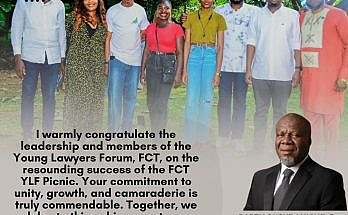Being a paper presented at the on going Arewa Young Lawyers Forum Summit; Building A Sustainable Legal Practice, at Merit House, Maitama, Abuja, March 31-April 1st, 2022.
INTRODUCTION
In the words of Y.C Maikyau SAN ‘’Unless the Bar takes proactive steps regarding the professional development and welfare of its younger lawyers it can never produce young lawyers who will lead the legal profession and probably our nation.
This may indeed lead to a generation of lawyers who have scant interest in obeying the rules or ensuring that very high ethical standards are maintained in the legal profession.’’ I often listen to very senior lawyers complain about declining quality of lawyers being admitted to the Bar while the younger lawyers complain that that the older lawyers neither care about their welfare nor wish to give them adequate opportunities to learn.
This is a re-occurring dialectic in the conversations on this subject.
I believe that this Roundtable Session is intended to move away from counter-productive discussions on who is to blame for the current state of affairs and shift the focus towards equipping the ‘’Young Lawyer’’. It is important at this stage to define who is a young lawyer? What group of persons are we really trying to mentor here?
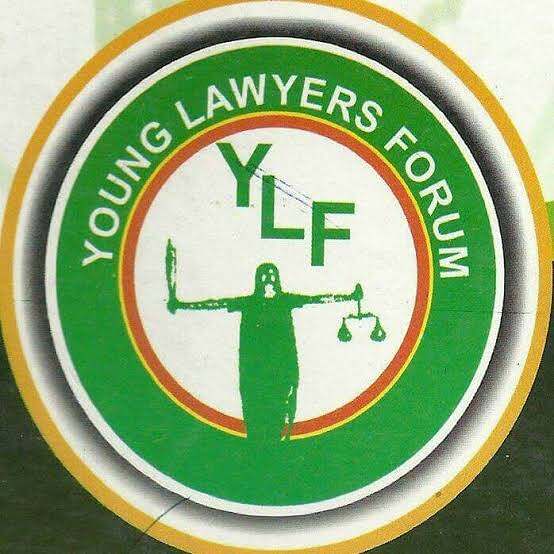 Who is a Young Lawyer?
Who is a Young Lawyer?
Hence it is understandable why the Bar uses the parameter of age post call to bar as opposed to Biological age in this regard.
4. As stated previously there is no legislation or guideline in Nigeria which states specifically which age group are in the class of Young Lawyers. This is understandable as there are various opinions as to what age a Legal practitioner ought to be developed enough not to be regarded as ‘’young’’. There is a narrow construction of the definition of ‘’young lawyer’’ reducing the class to 1-5 years post call as the qualification period.
Typically, we can observe this distinction when it relates to payment of Bar practicing fees and conference fees particularly the NBA Annual General Conference. This school of thought stems from the view that ‘’young lawyer’’ is synonymous with the neophyte who lacks the rudimentary tools required for legal practice.
This is in tandem with the view that any Legal Practitioner above the age of five years post call ought to have acquired the basic skill and training required to practice law viably.
Proponents of this view will point to the fact, legal practitioners above this age group are almost immediately eligible to take up judicial positions in the magistracy, become notary public and for promotion to senior state Counsel if serving at a Federal or State Ministry of Justice. These class of lawyers are seen as 5 years away from being appointed to the Bench or conferred with the privilege of silk and so cannot be considered as being in their early stages of practice.
On the other hand, there has been an argument for a wider classification of young lawyer to include every lawyer who is below ten years post call. The proponents of this view argue that in the Nigerian Legal profession, ten years post call being the bench mark for significant elevation at both the Bar and the Bench, it is only natural that everyone below the bench mark be classified as a ‘’young lawyer’’ as the term is used interchangeably with the word ‘’junior lawyer ‘’.
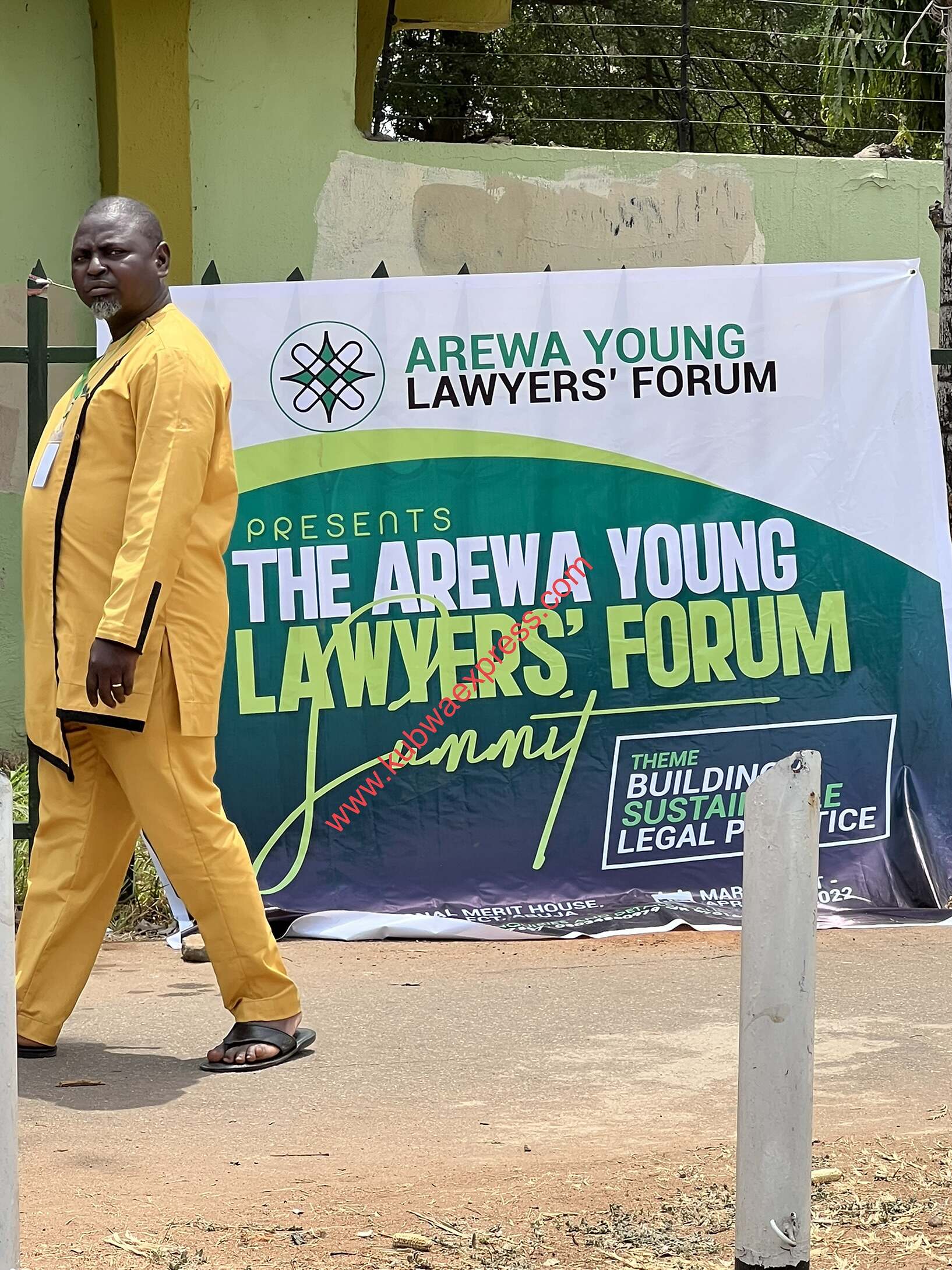 5. However, the most conventional definition of the term stems from the creation of the Nigerian Bar Association Young Lawyers’ Forum in 2006 under the Leadership of President Olisa Agbakoba SAN. The term ‘’Young Lawyer’’ in my humble view gained popularity as a result of the activities of the Forum. The NBA, Young Lawyers’ Forum was established in response to the yearnings of young lawyers for a medium to articulate common issues affecting them particularly their welfare and professional development. The Forum after robust debate proposed a Bye Law which was passed at Katsina NBA NEC in July 2011 which states that a young lawyer ‘’ shall be any person duly enrolled at the Supreme Court of Nigeria as a legal practitioner, duly registered with a Branch of the Association and who is not more than seven years post call at the Bar’’.
5. However, the most conventional definition of the term stems from the creation of the Nigerian Bar Association Young Lawyers’ Forum in 2006 under the Leadership of President Olisa Agbakoba SAN. The term ‘’Young Lawyer’’ in my humble view gained popularity as a result of the activities of the Forum. The NBA, Young Lawyers’ Forum was established in response to the yearnings of young lawyers for a medium to articulate common issues affecting them particularly their welfare and professional development. The Forum after robust debate proposed a Bye Law which was passed at Katsina NBA NEC in July 2011 which states that a young lawyer ‘’ shall be any person duly enrolled at the Supreme Court of Nigeria as a legal practitioner, duly registered with a Branch of the Association and who is not more than seven years post call at the Bar’’.
This we would agree is the most widely accepted definition of the term ‘’young lawyer’’. Unfortunately, this definition is not contained in the current NBA Constitution and Bye Law applicable to the Young Lawyers Forum. There is indeed urgent need to address the lacuna in the definition of the term Young Lawyer by way of legislative intervention.
Even the proposed Legal Practitioners Bill 2021 makes extensive reference to the term young Lawyer but offers no definition of the term. It is pertinent to state that for the purposes of this paper I will limit myself to the definition provided by the Young Lawyers Forum in the 2011 Bye Law.
What is the current state of affairs?
6. Being a Lawyer may seem glamorous and noble but the reality is that many young Lawyers find it difficult to meet even basic living costs when starting out in the Legal profession. Let me use the hypothetical example of Emeka, a 2018 graduate of Ahmadu Bello University Zaria who was called to the Bar in 2019. His call to bar was a realisation of his childhood aspiration of one day wearing the sacred wig and gown. He always dreamt of one day working for a reputable law firm with a pay packet enough to meet his living costs as well allow him to save up. He finished with Second Class upper degrees at University and at the Law school and as a result was confident about achieving his dreams. His first salary was N20, 000 as a junior in a law firm in Kubwa, Abuja. His principal promised to review his wage after a few months and assured him that this was temporary. This spurred him to work harder.
The N50, 000 he earned as a monthly salary did little other than take him from home in Suleja , a suburb of the FCT , to work and back. Hand to mouth was an inadequate description of his life. It was worse.
8. He began, to look around at the progress his colleagues in other professions such as the Banking sector, architecture, engineering accountancy etc had made since they left university and started to doubt whether he had indeed made the right career choice. At a point, he started thinking that law practice was simply about oppression and exploitation. Dear Colleague, this scenario faced by Emeka is one many young Lawyers in the nooks and crannies of the country face .The issue of ‘Career Buliding and Mentoring of the Young Lawyer ’’ is very critical and is constantly raised but often relegated to the side-lines by some senior members of the profession. Whenthis topic is raised, young lawyers are often reminded that in the tender years of our profession, the emphasis should be on ‘Capacity Development’’ and that we should focus on learning the ropes as opposed to looking to make a quick buck.
We are often told that ‘it is more important to learn how to fish than to be given fish’. Fidelis Oditah (SAN) sums up the state of affairs with this quote “Many share the old belief that a junior counsel should see himself as undergoing pupillage and should only receive a ‘stipend’ since he is benefiting from the mass of experience of his principal. Some have justified this practice, stating that paying this ‘stipend’ will encourage juniors to seek out personal briefs. Given the known difficulties we all experience in attracting instructions from clients, one can only imagine the fate of junior lawyers seeking such instructions. Despite several years of academic study at the law school and at the university, many lawyers find themselves earning less than cleaners and drivers in many corporate establishments,”.
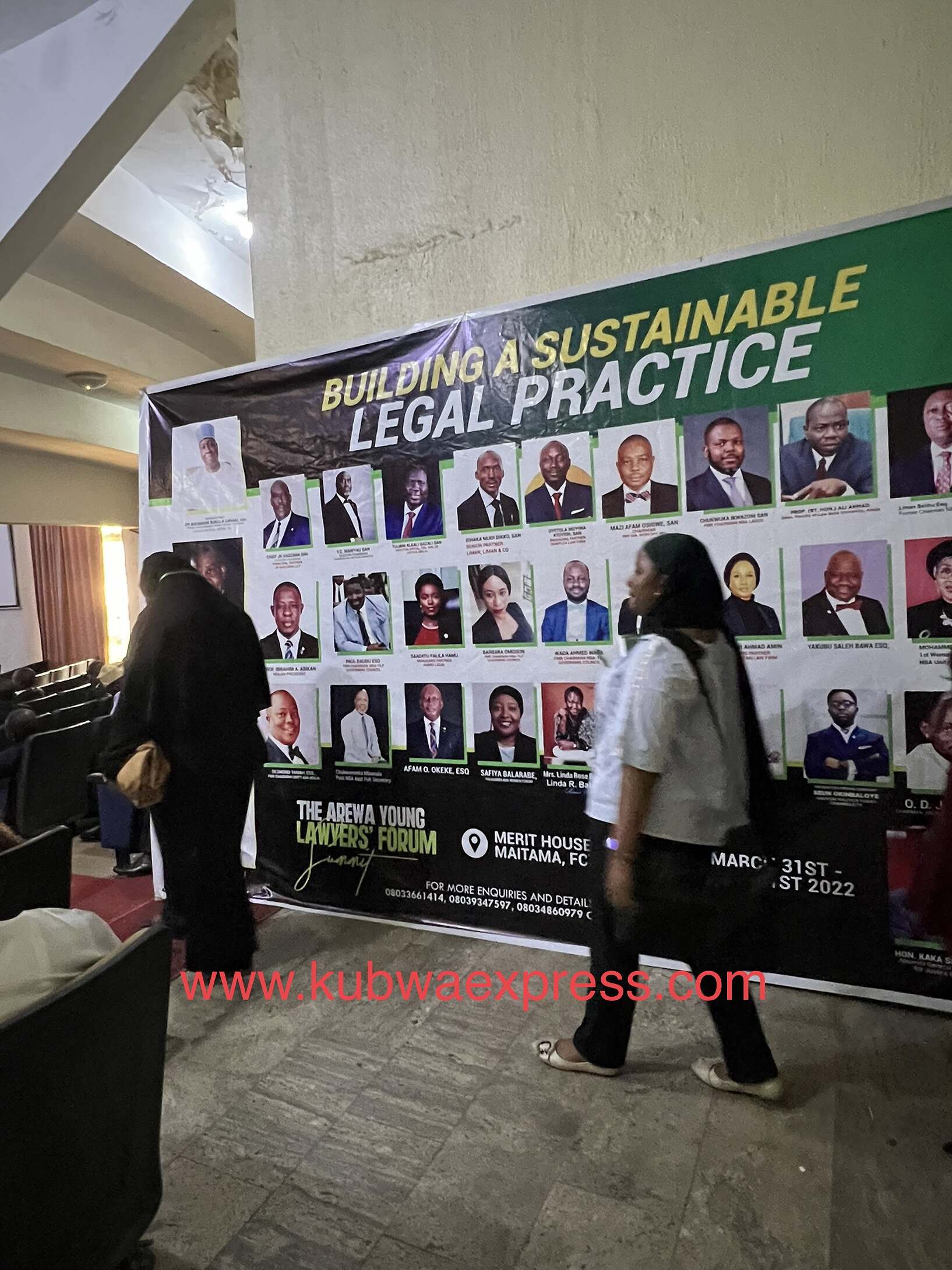 9. You can see a head of a law firm with about four cars and most of the juniors in his chambers struggling to buy a good shoe or nice suit. The case is even worse in some places outside Lagos and Abuja. In a place like Warri, Delta State, some lawyers are not even paid at all.
9. You can see a head of a law firm with about four cars and most of the juniors in his chambers struggling to buy a good shoe or nice suit. The case is even worse in some places outside Lagos and Abuja. In a place like Warri, Delta State, some lawyers are not even paid at all.They only get pittance from clients, who pay them transport allowance. The system is also skewed against new lawyers who wish to set up practice immediately after Law School because it makes it difficult for them to get briefs. Conventional wisdom has it that senior lawyers were similarly paid poor wages when they started out. In the British legal system, junior lawyers pay their principals for the first two or three years, as training fees. That’s what the old lawyers imported into our own system. Since new wigs cannot afford to pay their principals here, the seniors do not see why they should pay juniors fantastic salary. Unfortunately, this view does not even hold water in the United Kingdom anymore, and I say without any hesitation that it is ‘Old Skool’. chambers that can afford it should furnish their young lawyers with salaries that reflect economic reality.
This will serve as incentive for juniors to continue to work with distinction and in return furnish these firms with loyalty. Some Law firms in the country have already taken this route, and it is high time others in similar position adopt such policies and practices.
11. It is my humble view that that the failure to practically guide such young lawyers will lead to the emergence of lawyers who may fall into professional pit-falls because of the absence of a sound professional background. This is where the Nigerian Bar Association must take the lead (being the umbrella body representing the collective of Legal practitioners in this country) by putting in place institutional measures that build the capacity of our younger lawyers .
What is the Way Forward?
a) Minimum Wage for Young Lawyers ?
12. The status quo is most certainly no longer tenable and varying suggestions have been mooted as possible solutions to the problem. The most prominent is the idea of a minimum wage for lawyers. Sometime back, the NBA, tried to arrive at a minimum wage for lawyers. I also had the experience of being part of a delegation led by President Austin Alegeh SAN to negotiate an MOU with the leadership of the National Youth Service Corp setting up a structure for remuneration of youth cop-members on primary assignment.
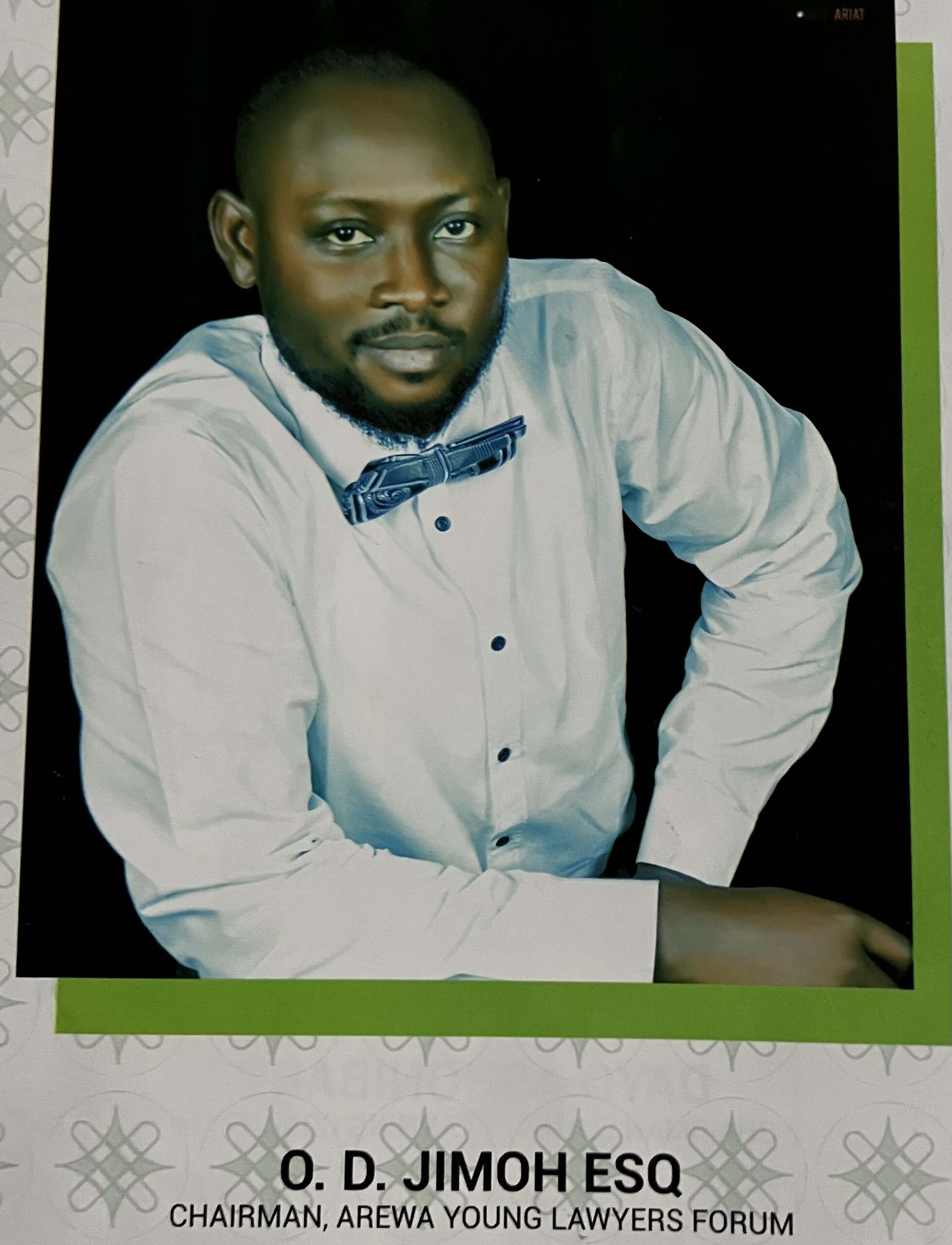 13. These efforts however have been affected by firms’ reluctance to adhere to what was prescribed. To be honest, such an arrangement is not feasible and would be difficult to implement. If you were to pay a minimum wage and a lawyer does not have enough business to do in your chambers, can you impose a minimum wage? So, a lawyer or the firm will determine the wage for its employees based on the work that the firm undertakes and the income of the firm. It was advocated during different NBA programmes. In reality, it is good if it can be done but in practical terms, it is going to be difficult. It is not like government employee where government can decide that there is going to be a minimum wage and then that wage would be paid but every firm has its own level of income and the kind of work they take. Nonetheless, it is important the Young Lawyer be provided avenues for capacity building that do not necessarily involve living in abject penury and poverty, if we are to call this profession a noble one.
13. These efforts however have been affected by firms’ reluctance to adhere to what was prescribed. To be honest, such an arrangement is not feasible and would be difficult to implement. If you were to pay a minimum wage and a lawyer does not have enough business to do in your chambers, can you impose a minimum wage? So, a lawyer or the firm will determine the wage for its employees based on the work that the firm undertakes and the income of the firm. It was advocated during different NBA programmes. In reality, it is good if it can be done but in practical terms, it is going to be difficult. It is not like government employee where government can decide that there is going to be a minimum wage and then that wage would be paid but every firm has its own level of income and the kind of work they take. Nonetheless, it is important the Young Lawyer be provided avenues for capacity building that do not necessarily involve living in abject penury and poverty, if we are to call this profession a noble one.
b) Mandatory Pupillage System ?
14. Under the extant system in Nigeria a young lawyer who has been called to the Bar does not need to undergo any form of pupillage before setting up his/her practice. In fact, the economic reality is such that a young lawyer who chooses to go this route is compelled by the inability to secure a job in a law firm, may not even need a physical office to commence practice. The advent of GSM has dispensed with this need in some major cities. With his/her mobile phone many young lawyers have successful commenced practice.
2. Whether we have enough law firms to accommodate the number of lawyers that will be required to pass through the system.
3. Whether the law firms will be able to fund the system?
4 What will be an acceptable duration for the pupillage.
Such rights as it obtains in the other jurisdictions, will only arise after one has successfully undergone pupillage. It may also separate the present unified legal practice in Nigeria into barrister and solicitor.
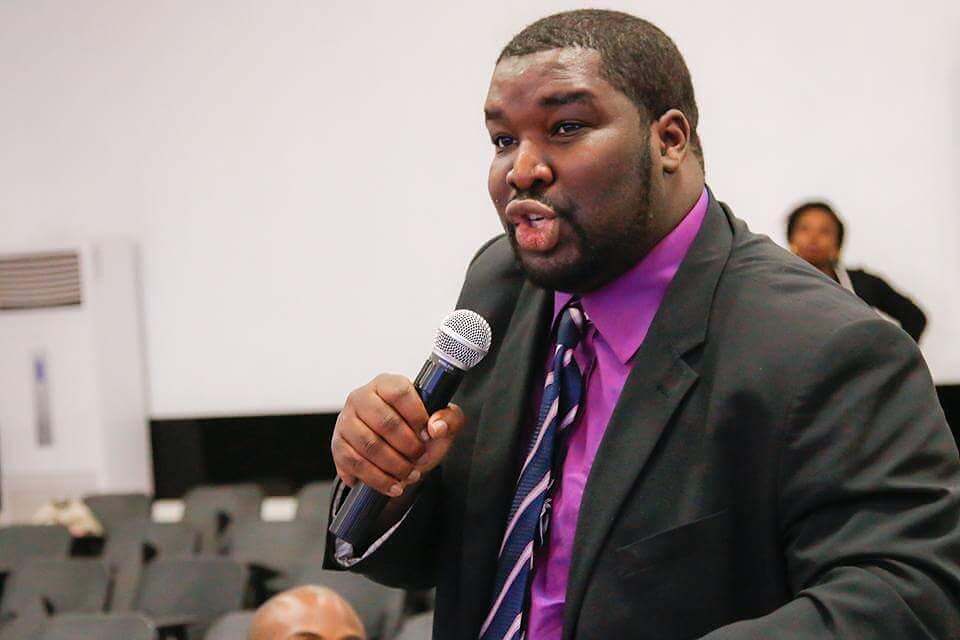
19. This discussion is not complete without drawing our attention to the Draft Legal Profession Regulation Bill 2017. The President of the Nigerian Bar Association, Mr. A.B. Mahmoud (SAN), at the beginning of thatyear inaugurated the NBA Legal Profession Regulation Review Committee charged with the task of tackling issues within the regulatory structure of the profession especially the issue of pupillage and proffering solutions to these issues. A draft bill based on the report of the committee has recently resurfaced and is likely to be forwarded to the National Assembly for its consideration and passage into law by the current NBA administration .
This proposed legislation so far in my humble view , is the most detailed, holistic and concerted attempt to provide an institutional frame work for training young lawyers in a manner that maintains professional standards .
The Legislation has been met with mixed reaction particularly Section 86 of the Draft Bill which states thus; PUPILLAGE 1) From the date of commencement of this Act, every person called to the Nigerian Bar shall undergo a mandatory pupillage for two (2) years in the office of an experienced legal practitioner in active practice or a law firm with the requisite facilities to give such training as required during the pupillage period.(2) the Legal Profession Regulation Council of Nigeria shall make rules and set the criteria for the conduct of pupillage for new wigs.’’
Will a young lawyer be paid during the pupillage period and how much? Can a young lawyer who is undergoing pupillage appear in court as a lawyer or have clients? What are the mechanisms on ground to check out and see whether or not young lawyers and firms comply with this? if young lawyers will have to undergo another two years pupillage, why do we need externship training during the law school education?
Should all the answers to the gaps left be left to discretion of the Legal Profession Regulation Council of Nigeria?
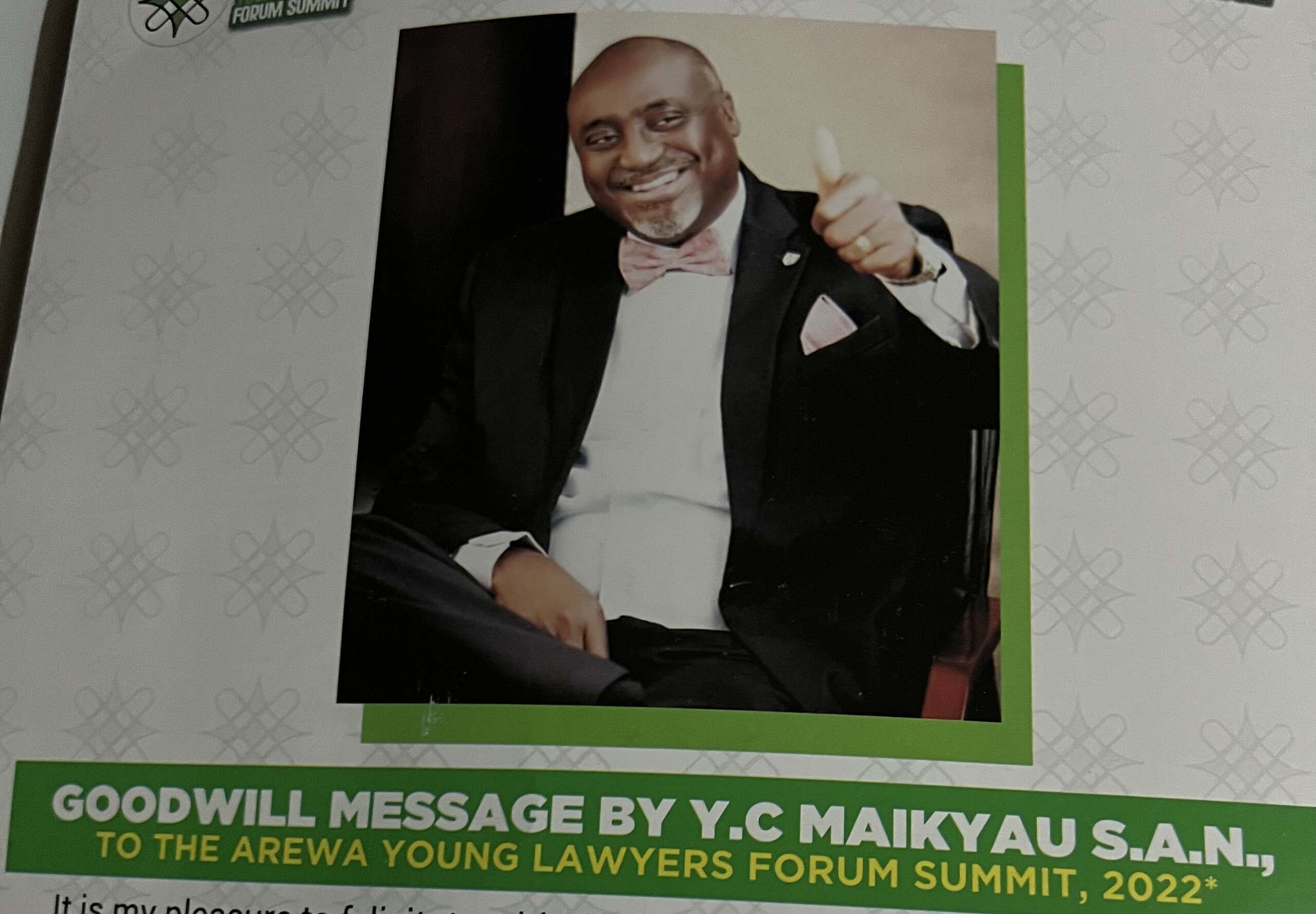 21. The above and a lot more questions are raised by legal commentators. Some of them even assert that, ‘pupillage without salary is slavery. Taking a cue from the UK, it is obvious that such a system if introduced will provide young lawyers with certain minimum payment during the period of pupillage. Law Firms cannot also refuse to pay such money and or compel young lawyers to pay for such pupillage as obtained in the past.
21. The above and a lot more questions are raised by legal commentators. Some of them even assert that, ‘pupillage without salary is slavery. Taking a cue from the UK, it is obvious that such a system if introduced will provide young lawyers with certain minimum payment during the period of pupillage. Law Firms cannot also refuse to pay such money and or compel young lawyers to pay for such pupillage as obtained in the past.
Such a system will no doubt go a long way in improving the lot of young lawyers who get a position for the pupillage. However, the requirement is not without criticism. The major criticism is that the lack of work for the pupil counsel to do as well as the cost of funding pupillages will bring about a reduction in the number of pupils offered positions in law firms.
(C) QUALITY LEGAL EDUCATION
 24. The distinction between knowledge and skill is often expressed as ‘know what’ and ‘know how’. The following are some of the skills required for by young lawyers for successfullegal practice.
24. The distinction between knowledge and skill is often expressed as ‘know what’ and ‘know how’. The following are some of the skills required for by young lawyers for successfullegal practice.
Drafting skills: This is the communication of an idea in writing, usually expressed in the English language which is the language of the court. After research is done, the lawyer then puts his client’s entire case in writing in form of pleadings or documents; this is however the foundation of the case and the first port of call for effective legal service delivery. This also applies to drafting of letters and legislative drafting.
Communication skills: The elements of this skill include verbal, vocal and visual elements. Verbal element includes spoken words used to send message to the listeners. Vocal element involves the quality of voice used to utter the words while visual elements involve body language of the speaker. A lawyer must possess the ability to coordinate these elements. Examples are Shakespeare’s two classic orators Cicero and Demosthenes; when Cicero finishes an oration, the people will say “how well he spoke” but when Demosthenes finished speaking the people will say “let us march for battle” Cicero won respect but Demosthenes started a riot or war.
Advocacy skills: Advocacy is the process of pleading a case; it involves telling a story and ensuring that all involved follow the story till the end. It also involves an ideal closing speech, appreciation of situations and a presentation of a theory. It is applied in the process of examination-in-chief, cross examination, re-examination and address.
Negotiation skills: Negotiation is the process by which parties reach an agreement on some area of differences between them. A lawyer must be at breast with the emerging styles and tactics such as contextual manipulation, control and agenda, puffs, threats and overwhelming numerical strength.
Client Service Skills: a legal practitioner must have networking and client sourcing abilities; customer service skills and must ensure there is prompt and adequate connection with clients to keep them abreast of developments in their briefs, this will enable clients appreciate your efforts and make billing effective.
Technology: To be relevant in today’s society, a legal practitioner must be proficient in the use of the computer, and he must master communication technology including voice messaging systems, video conferencing and related technology. He must be familiar with electronic discovery, computerized litigation support and document management software.
Time Management Skill: A time conscious legal practitioner must possess superior multi–tasking skill, strong work ethics, ability to juggle competing priorities and ability to meet tight deadlines.
Teamwork: Since no man is an island, a legal practitioner has to cultivate relationships with colleagues, staff, client etc; attend and participate in meetings and conferences to share information and knowledge and collaborate with others to reach a common goal and ensure that law plays its role as an instrument of social change and economic engineering.
According to Lord Sankey, the courts are becoming more and more concerned with great social experiment. Law joins hands as never before with problems in economics, political science, and in techniques of administration. It is important that the curriculum of our universities and the law school should send out lawyers trained to appreciate the meaning of these relationships. They must shape the legal mind to a critical understanding of the foundation of jurisprudence. If not, the Nigerian lawyer will not prove adequate in playing his role. Legal educational in Nigeria must breed a generation of lawyers able to utilize the spirit of law to reform the society. They must have courage to criticize what is accepted, and to construct what is necessary for new situations. The goal of legal education in Nigeria should be the training of ethical practitioners and producing scholarship that judges, legislators, and practitioners can use. In the last analysis, the law is what the lawyers are, and the law and the lawyers are what the law schools make them.
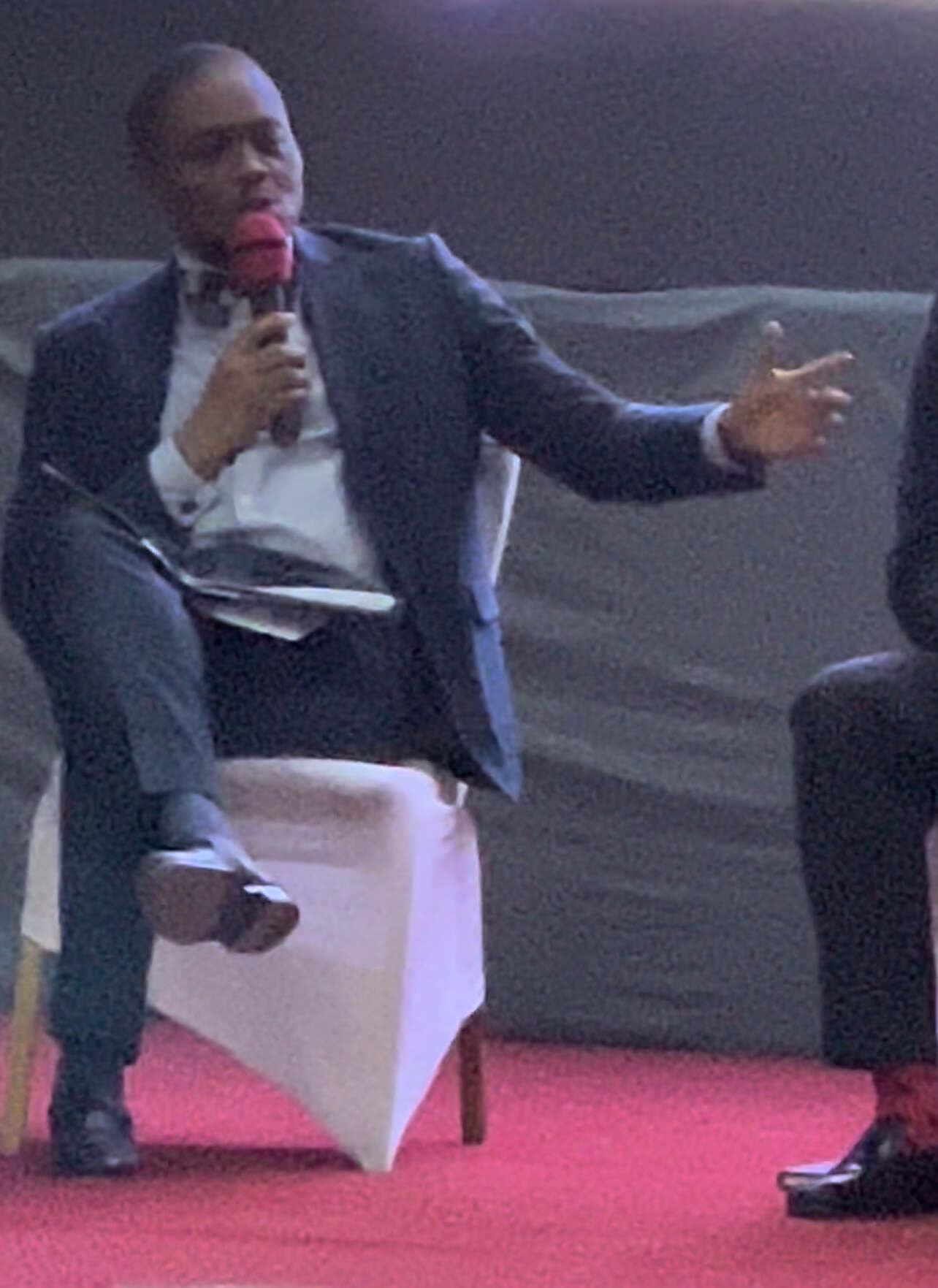
D MENTORSHIP SCHEME /PROGRAM
However, in the interim as a corollary measure the Nigerian Bar Association as necessity must implement a well–defined mentorship program for willing young lawyers to participate in as a stop gap measure .Such a mentorship program will allow experienced to support young lawyers through the transition from law school to the practice of law and, for those already in employment, support their professional development as young lawyers. Through the collaborative development and implementation of the Program, experienced lawyers would mentor young lawyers on how to become successful legal practitioners. Such a program would provide topics for discussion, as well as actual life experiences of senior lawyers that the young lawyers can benefit from. The relationships between the Mentors and Mentees in such a program ought to be to be conscientious and interactive for the singular purpose of guiding and teaching the Mentees about the practice law, as well as nurturing them on “soft” skills that they would need to develop towards attaining measurable, sustainable , and substantive professional success.
Mentor Responsibility and Orientation.
a) Mentors must have superior interpersonal skills and the ability to facilitate quality lessons about the best practices and highest values of the legal profession.
b) Be a lawyer called to Bar in Nigeria and in good standing;
c) Be admitted to practice law in Nigeria for not less than ten years
d) Committed to the Program.
Mentoring Plan Areas of concentration could possibly include: 1. Law Office Management; 2. Professional and Personal Development; 3. Ethics; and 4. Client Communication, Advocacy, and Negotiation. While addressing these focus areas, the actions may be customized to the particular practice setting, individual needs, and personal goals of the young lawyer. Additional issues may be included to supplement those listed above.
Once the young lawyer and the Mentor determine their plan of action, they are required to sign the Mentoring Plan. At the end of the Mentoring Period, the Mentoring Plan will serve as an evaluative tool to assess the Mentoring Program’s process and learning. The modalities for funding this Mentoring program accepted would be the key challenge, but as possible solution , I suggest a project account specifically for this program be created with contributions for Bar practice fees and donations from participating law firms as a viable option . This mentoring program also could be replicated across all Branches of the Nigerian bar Association and if properly implemented go a long way to solving some of the challenges identified previously in this paper
CONCLUSION
29. There is a need for us as Young Lawyers to exercise patience and manage our expectations. It is wrong for any young lawyer to dream of either earning a five-figure salary or of making it big overnight. Nothing in life is that simple. Things do not just happen because you are a lawyer. A lawyer who wants to make it or wants to open his own law firm must get the rudiments of business, which you don’t get in law school. My advice to my fellow young lawyers is to pay their dues as things will not just happen because you wish it.
Notwithstanding it is important for the sake of dignity of labour that young lawyers are furnished with salaries that reflect economic reality and are duly rewarded for hard work as an incentive. Young lawyers should be interested in developments on the Nigerian and international political scene and its effect on the existing laws and legal system.
30. Young lawyers should familiarize themselves with legal developments and emerging trends in other parts of the world and how it affects its people and the rest of the world. Young lawyers should be bold and courageous in expressing their opinions on emerging legal issues and should participate constructively and actively in legal discussions. Young lawyer`srole in discovering new, better and more effective ways of meeting the needs of the client in an increasingly competitive and challenging legal market.



